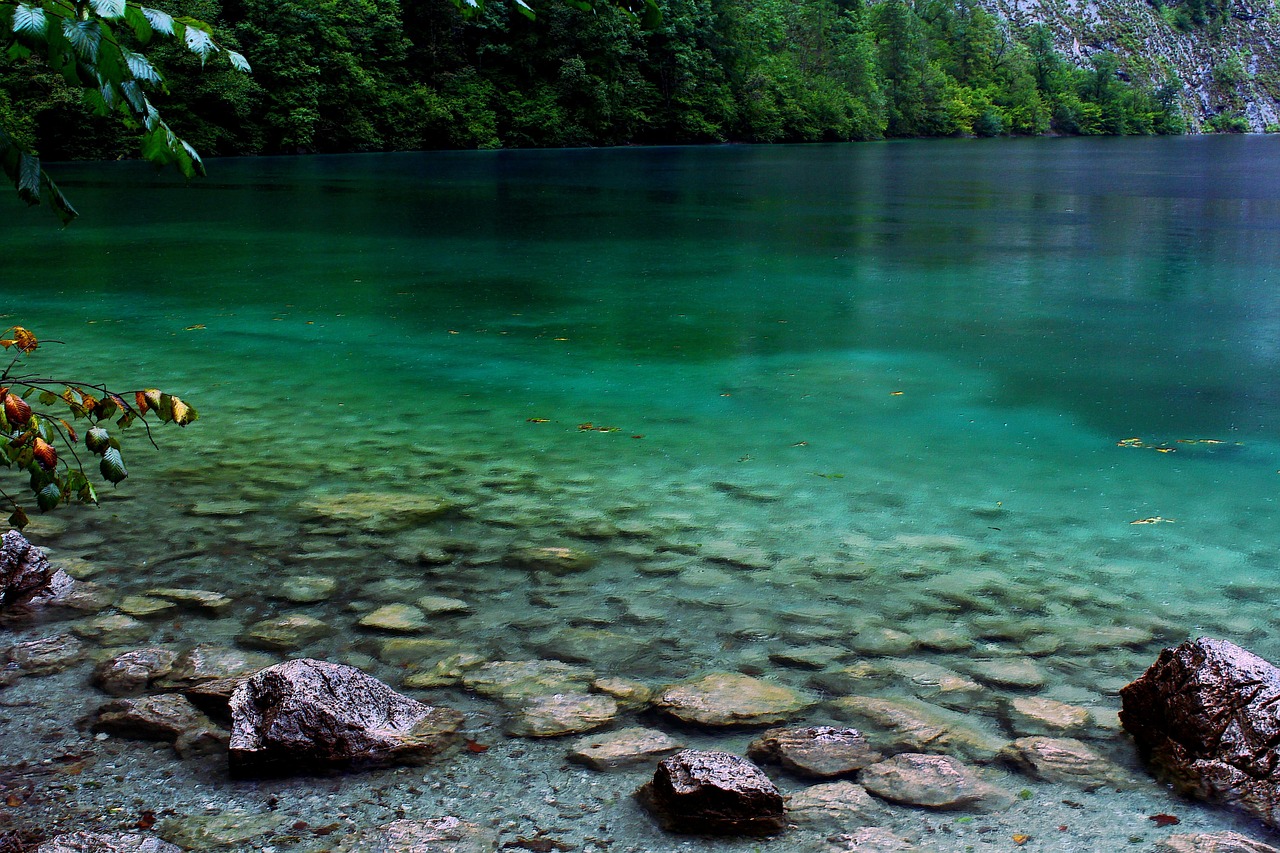laguna salada mexico, UNEP, New Mexico – Roughly 14.5 inches (368 mm) per year., etc.
Where to find UNEP in New Mexico – Roughly 14.5 inches (368 mm) per year?
The Impact of Regional Climate Changes
Altered Water Cycle
- Deforestation and soil degradation disrupt the natural water cycle, leading to:
- Reduced rainfall and increased evaporation
- More frequent and severe droughts
Consequences:
- Hotter Temperatures: Without trees to provide shade and cool the air, temperatures rise.
- Worse Droughts: Disruptions to the water cycle make it harder for regions to receive sufficient rainfall, leading to more frequent and severe droughts.
Mitigation and Adaptation
Protect the Soil:
- Implement erosion control measures
- Reduce pollution that damages soil health
- Promote sustainable farming practices
Understand the Water Cycle:
- Educate communities about the importance of the water cycle
- Encourage rainwater harvesting and other conservation methods
Create a Brighter Future:
By recognizing the vital role of trees, soil, and water in climate regulation, we can:
- Make informed choices to protect these resources
- Create a more sustainable future for ourselves and generations to come
Trees, Soil, and Water: A Climate Change Trio
TL;DR – Deforestation and soil degradation mess with the natural water cycle, making droughts worse and temperatures hotter. Trees act like giant water fountains, releasing moisture into the air, which helps make rain. To fight climate change, we need to plant more trees and treat the land with care.
The Amazing Water Cycle
You know how rain falls from the sky, right? Well, the water cycle is how that happens. It’s a continuous process where water moves from the Earth to the atmosphere and back again. It’s kind of like a giant game of water tag!
But here’s the cool part: Plants, especially trees, play a HUGE role in this water cycle. They soak up water from the ground and then release it back into the air through their leaves, a process called transpiration. Think of them as giant, natural water fountains! This water vapor then helps form clouds and eventually falls back to Earth as rain.
When the Water Cycle Gets Out of Whack
When we cut down forests or damage the soil, it disrupts this whole water cycle process. Here’s how:
- Less Trees, Less Rain: With fewer trees, there’s less transpiration, meaning less moisture in the air. That means less rain, which can lead to droughts.
- Damaged Soil, Less Water: When soil is degraded, it loses its ability to hold water, like a leaky bucket. This means that even the rain that does fall won’t be able to soak in as well, making it harder for plants to grow.
The Bigger Picture: Regional Climate Changes
These changes to the water cycle can have a big impact on local and even regional climates:
- Hotter Temperatures: Without trees to shade the ground and cool the air, temperatures can rise. This can create a vicious cycle, where warmer temperatures lead to even more evaporation, making it even harder for rain to form.
- More Droughts: As less rain falls and the soil becomes drier, droughts can become more frequent and severe. This can have serious consequences for everything from farming to wildlife.
What Can We Do?
The good news is that we can help restore the water cycle and protect our climate. Here’s how:
- Plant Trees: Planting trees is like adding water fountains back into the environment. It helps restore the water cycle and cool the planet.
- Take Care of the Soil: Healthy soil is essential for holding water, so we need to protect it from erosion and pollution. Using sustainable farming practices can help keep the soil healthy.
- Support Sustainable Land Use: We need to find ways to use our land responsibly, so we don’t cut down forests unnecessarily.
A Brighter Future
By understanding the vital role that trees, soil, and water play in our climate, we can make informed choices to protect the environment and create a more sustainable future. Together, we can make a difference!
More on laguna salada mexico…
- laguna salada mexico
- mexico laguna salada
- laguna salada unesco
- laguna salada
- salada lagoon
- salada lagoon mexico
- unesco laguna salada
- unesco
- protected areas
- wetlands
- coastal lagoons
- Ramsar sites
- biosphere reserves
- biodiversity conservation
- ecosystem services
- sustainable development
- sustainable tourism
- ecotourism
- environmental education
- community involvement
- stakeholder engagement
- water quality
- water resources management
- climate change





